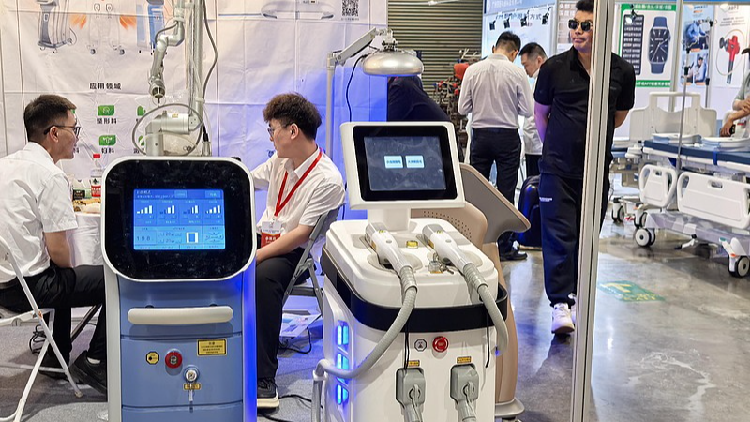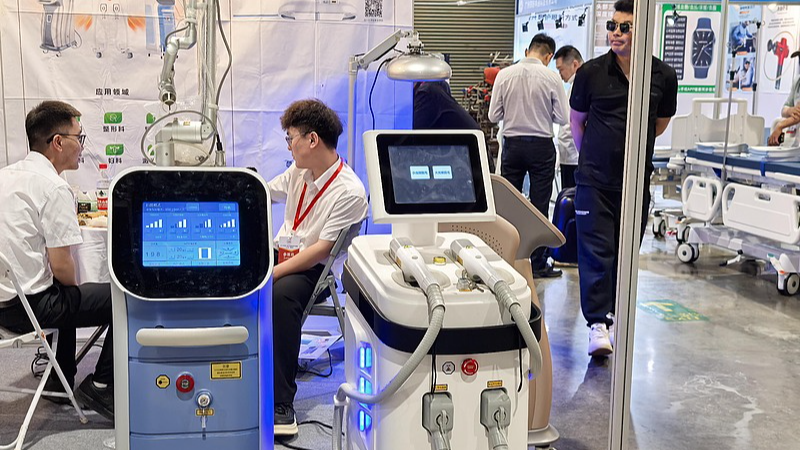China Chamber Condemns EU Discriminatory Measures Against Medical Device Companies
China's Chamber of Commerce to the EU condemns EU ban on Chinese suppliers in large-scale medical device tenders, escalating trade tensions.


The China Chamber of Commerce to the EU (CCCEU) has voiced strong opposition to a decision by European Union member states that bars Chinese companies from bidding on public procurement contracts in the medical device sector valued at over 5 million euros for the next five years. The new restrictions fall under the bloc's International Procurement Instrument (IPI), a policy tool designed to promote what the EU terms "market reciprocity" in the awarding of lucrative government contracts.
According to Monday’s announcement, the measures will effectively exclude Chinese medical device firms from participating in large-scale EU tenders, marking a significant escalation in trade tensions between China and the European Union. This move is viewed by many as a direct response to concerns among some EU members about alleged unfair competition and perceived lack of access to China’s own public procurement markets.
In an official statement, the CCCEU expressed profound disappointment and serious concern, arguing that the targeted application of the IPI against Chinese enterprises sends a troubling signal and stands in stark contrast to the EU’s stated commitments to openness, fairness, and non-discrimination. The chamber warned that such policies threaten to add new complexity to already delicate China-EU economic relations.
The IPI, adopted by the EU in 2022, was justified by European policymakers as a means to level the playing field when access to foreign markets is restricted for European companies. However, the CCCEU rebuffed this rationale, emphasizing that European medical device companies have long enjoyed considerable access to the Chinese market. “The EU's current decision fails to acknowledge this context and undermines the spirit of balanced engagement and mutual benefit,” the chamber noted in its message.
Concerns also extend beyond the specifics of the medical device sector. The CCCEU pointed to a broader trend of protectionist measures being introduced across global markets, cautioning that such unilateral actions disrupt international supply chains and erode confidence in the principles of free trade. The chamber stressed, “China and the EU, as two major global economies, should jointly uphold free trade and multilateral cooperation, instead of introducing unilateral restrictions that escalate tensions.”
The organization further highlighted that Chinese medical device companies have “consistently operated in compliance with local laws and regulations” within the EU and have contributed to the European market through substantial investments, advances in technology, and job creation for local communities.
The CCCEU called upon EU lawmakers to reconsider the necessity and likely long-term impact of the IPI measures. The chamber urged Brussels to avoid using policy mechanisms as de facto trade barriers, warning that such practices could prove detrimental to bilateral business interests and risk undermining ongoing efforts to foster global economic recovery.




